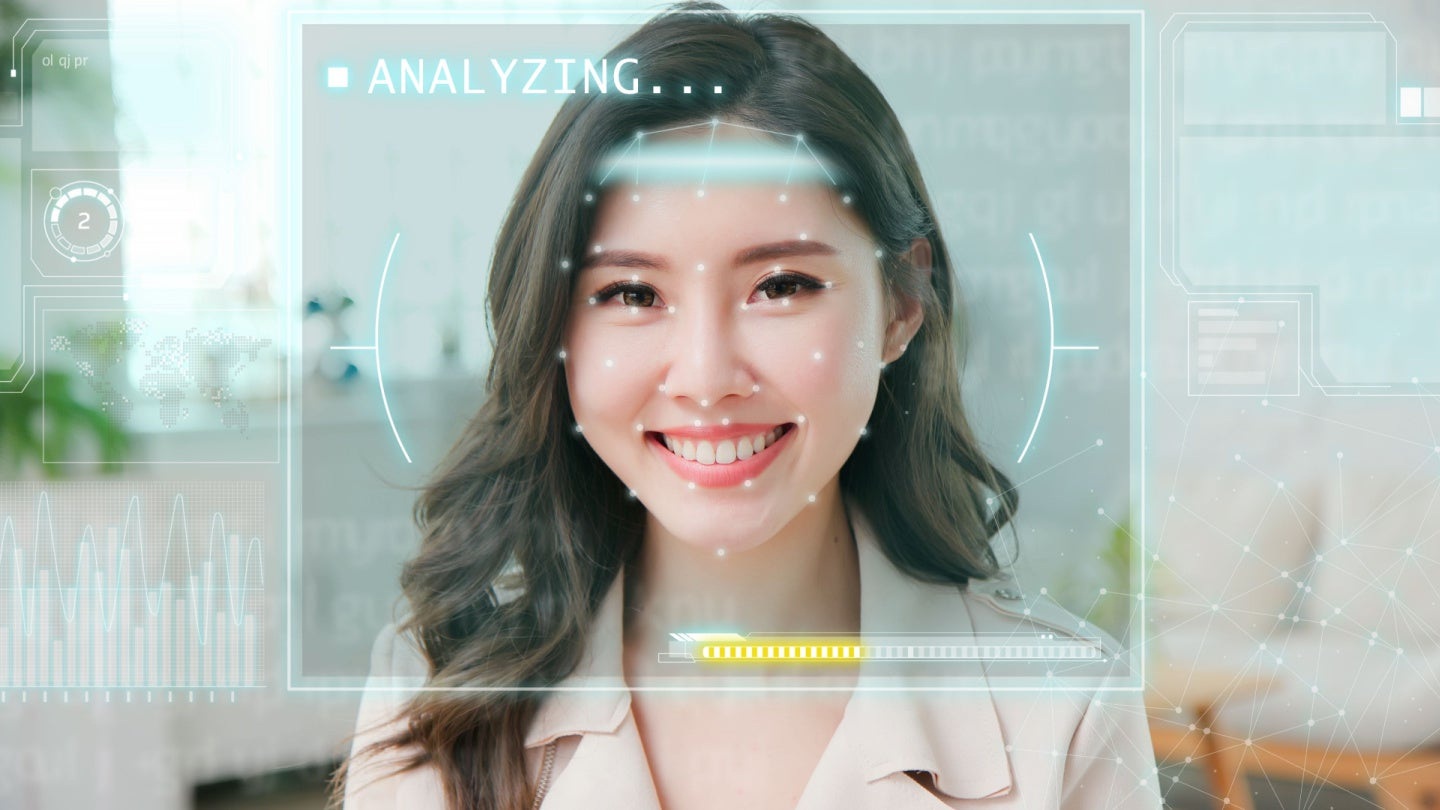
@ShahidNShah


GlobalData uncovers the leading innovators in emotion sensing facial recognition systems for the healthcare industry. The healthcare industry continues to be a hotbed of innovation, with activity driven by telemedicine, real-time diagnostics, smart hospitals and access to digital therapies, as well as the growing importance of technologies such as artificial intelligence (AI), the Internet of Things (IoT), augmented reality (AR), robotics and data management practices. In the last three years alone, there have been over 106,000 patents filed and granted in the healthcare industry, according to GlobalData’s report on Artificial Intelligence in Healthcare: Emotion sensing facial recognition systems. However, not all innovations are equal and nor do they follow a constant upward trend. Instead, their evolution takes the form of an S-shaped curve that reflects their typical lifecycle from early emergence to accelerating adoption, before finally stabilising and reaching maturity.
GlobalData has identified the leading innovators in emotion sensing facial recognition systems for healthcare. The healthcare industry has seen significant innovation in recent years, driven by telemedicine, diagnostics, smart hospitals, and digital therapies. The report notes over 106,000 patents filed and granted in the industry in the last three years. The lifecycle of these technologies follows an S-shaped curve, from early emergence to accelerating adoption, before stabilizing and reaching maturity. It's essential to understand this lifecycle for informed decisions regarding implementation in healthcare.
Continue reading at hospitalmanagement.net
The security approach provides a framework to determine which clinicians and hospital staff can access critical applications. This can protect patient data amid an increase in cyberattacks. Who should …
Connecting innovation decision makers to authoritative information, institutions, people and insights.
Medigy accurately delivers healthcare and technology information, news and insight from around the world.
Medigy surfaces the world's best crowdsourced health tech offerings with social interactions and peer reviews.
© 2025 Netspective Foundation, Inc. All Rights Reserved.
Built on Mar 28, 2025 at 1:45pm